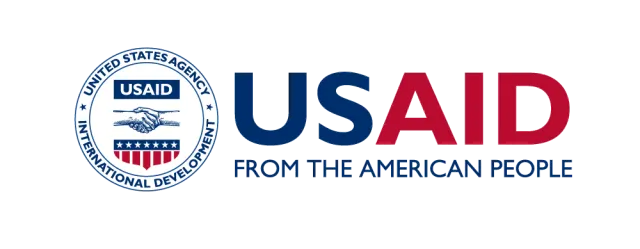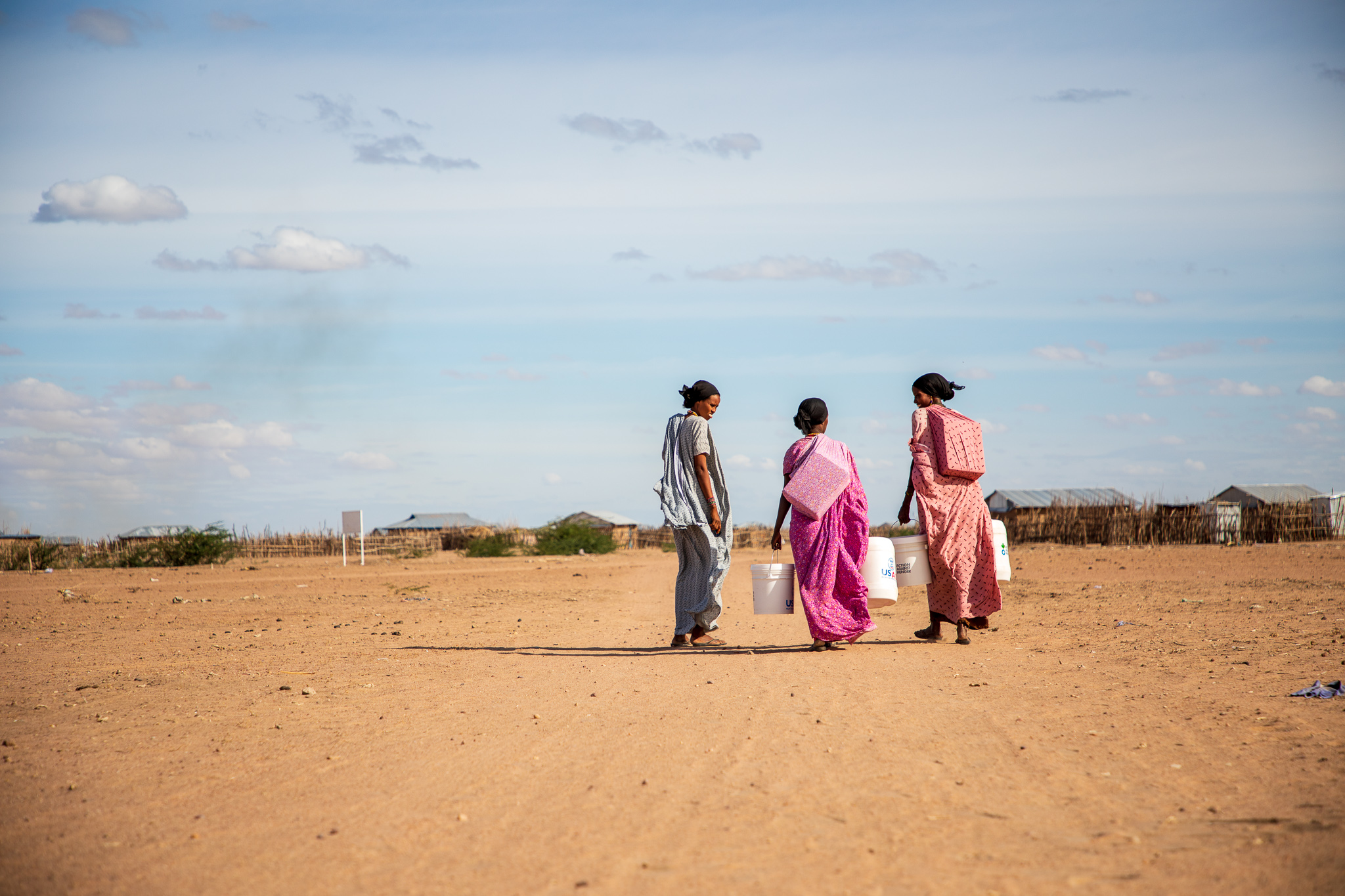Communities affected by fragility, conflict and violence face overlapping risks, including heightened vulnerability to climate change and food insecurity. The COP28 Climate, Relief, Recovery and Peace Declaration is a call to change the way development and humanitarian organisations work in fragile and conflict-affected situations.
Now is the time to explore how we as climate, development, humanitarian, disaster risk management, and peace actors, together with governments, international and regional organizations and financial institutions can collectively move beyond a crisis-based approach to supporting climate adaptation and peace outcomes. This requires a shift to linking and sequencing short- and long-term investments to build forward better, including by providing earlier and more timely support, to yield cumulative increases in the adaptive capacity, recovery and resilience of not only people and communities (the local levels), but also the institutions and systems upon which overall resilience is built. This requires greater cooperation among actors to scale-up, link and sequence interventions, and accelerate and finance resilience and adaptation efforts commensurate with the scale of the scale of the challenge faced in Fragile and Conflict-Affected Situations (FCAS).
This dialogue aims to bring together humanitarian responders, climate change experts, peace practitioners and development actors to discuss lessons learned; to identify gaps, avenues for financing and good practice in areas such as coordination, communication, cooperation on intervention objectives, design and implementation; and how to bridge the silos between these communities going forward.
In partnership with















